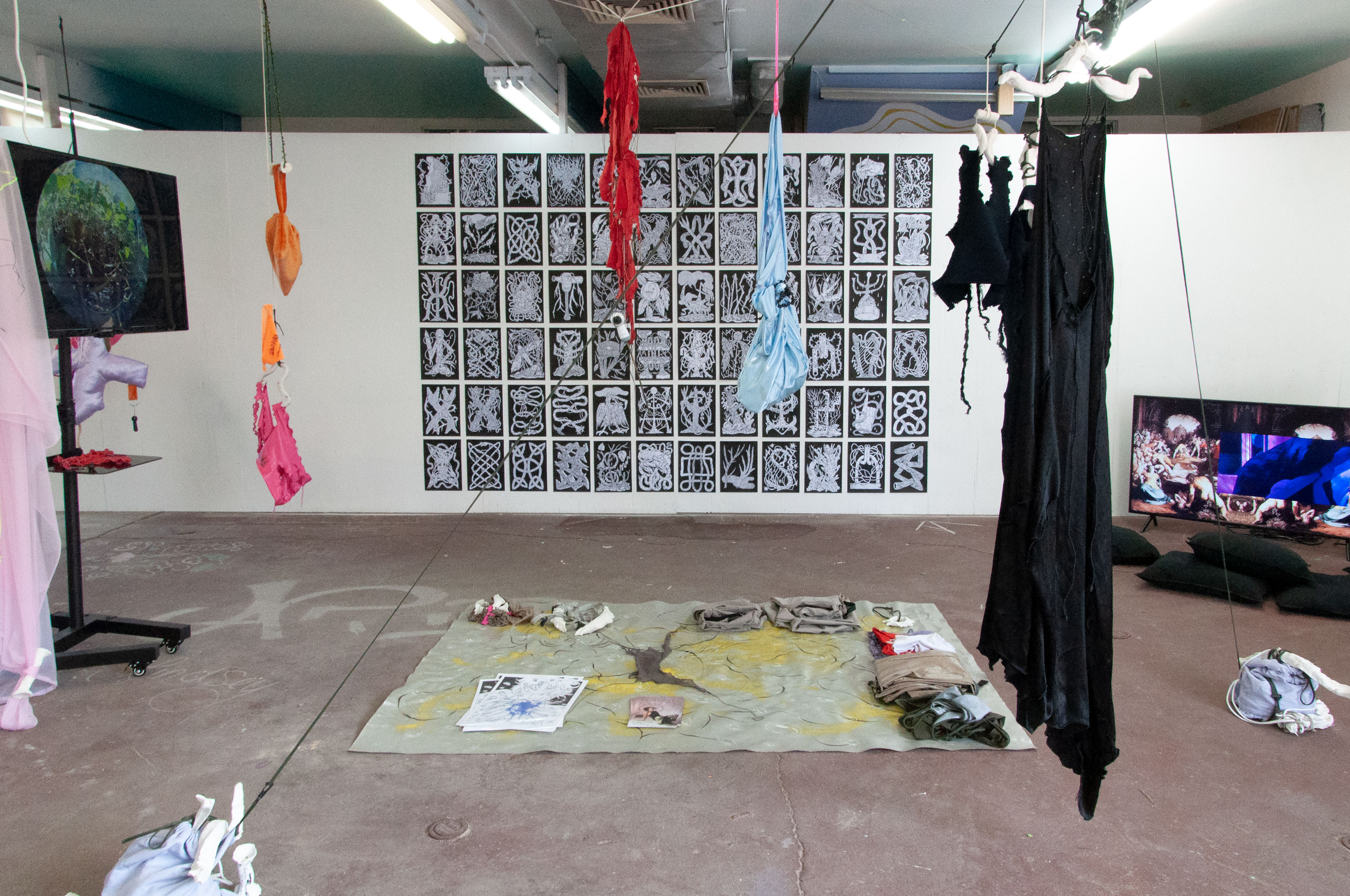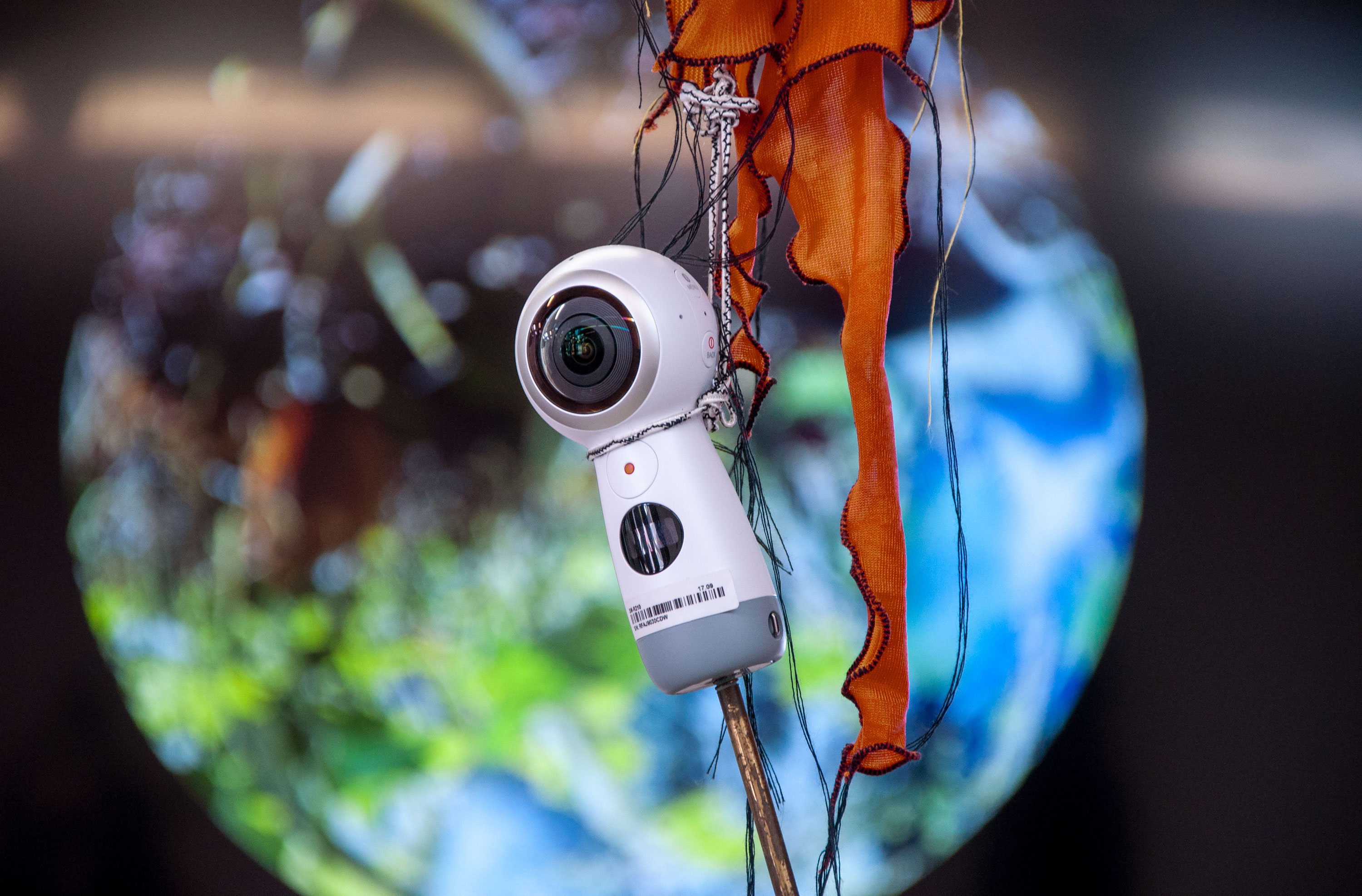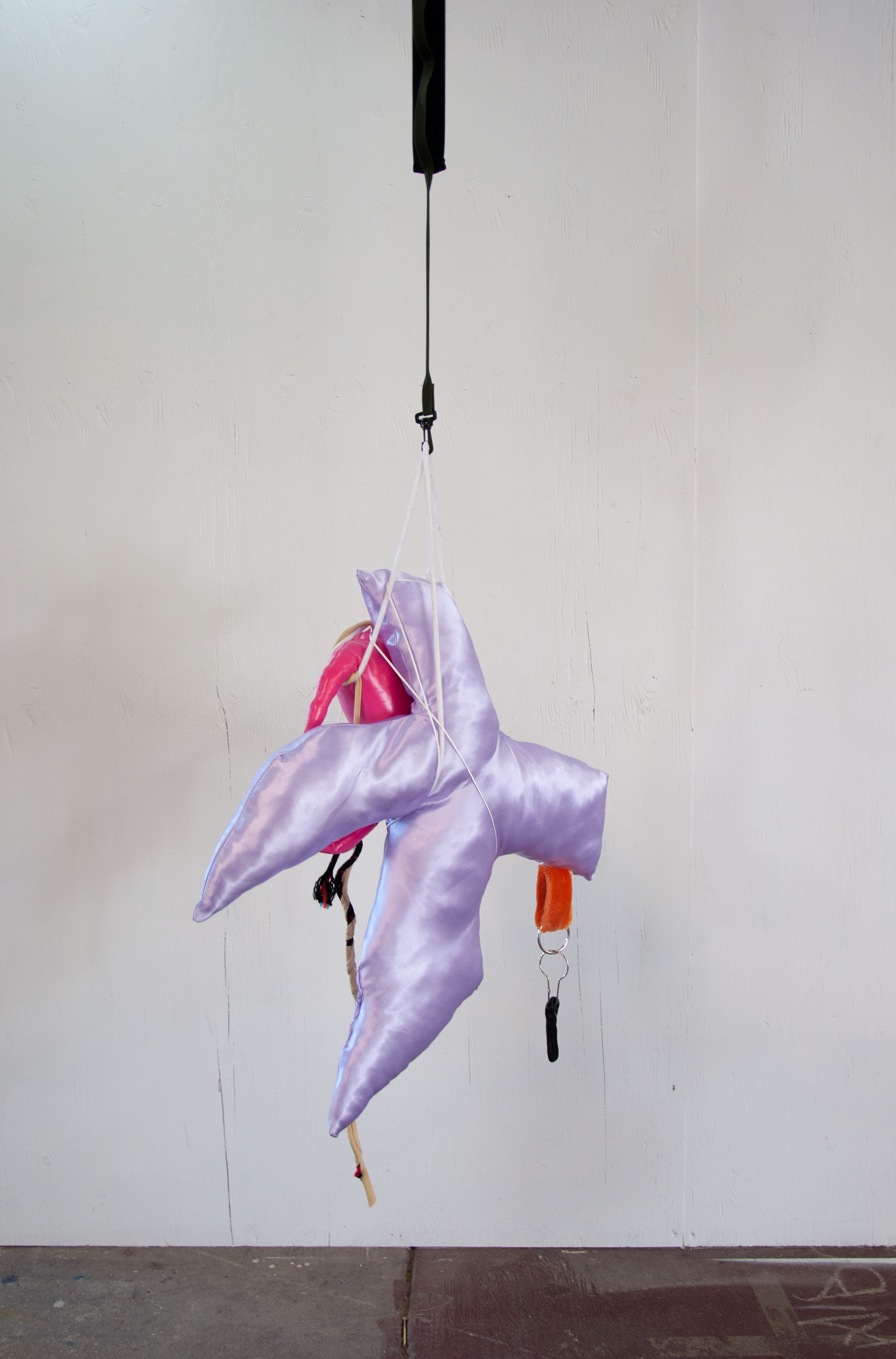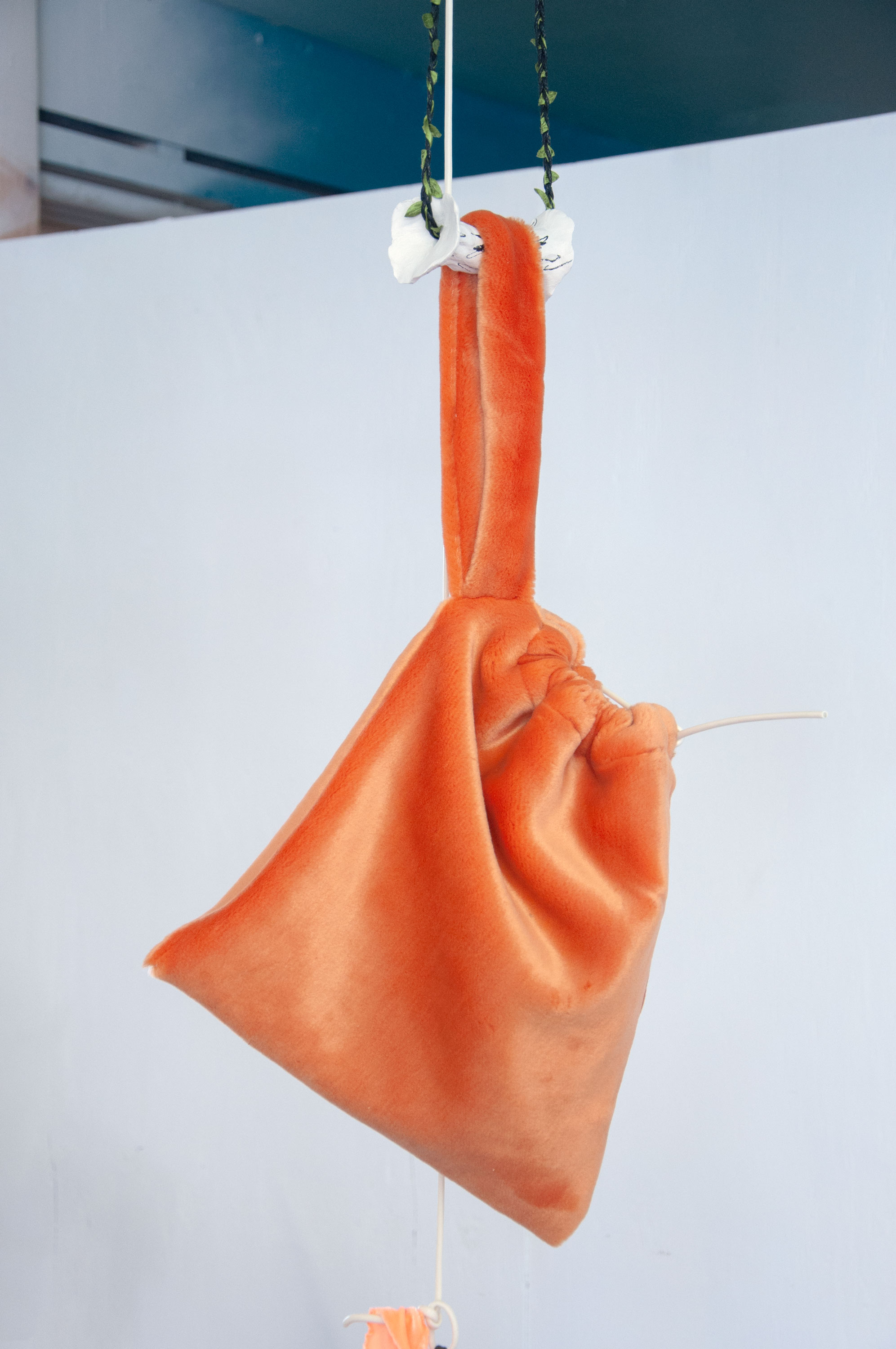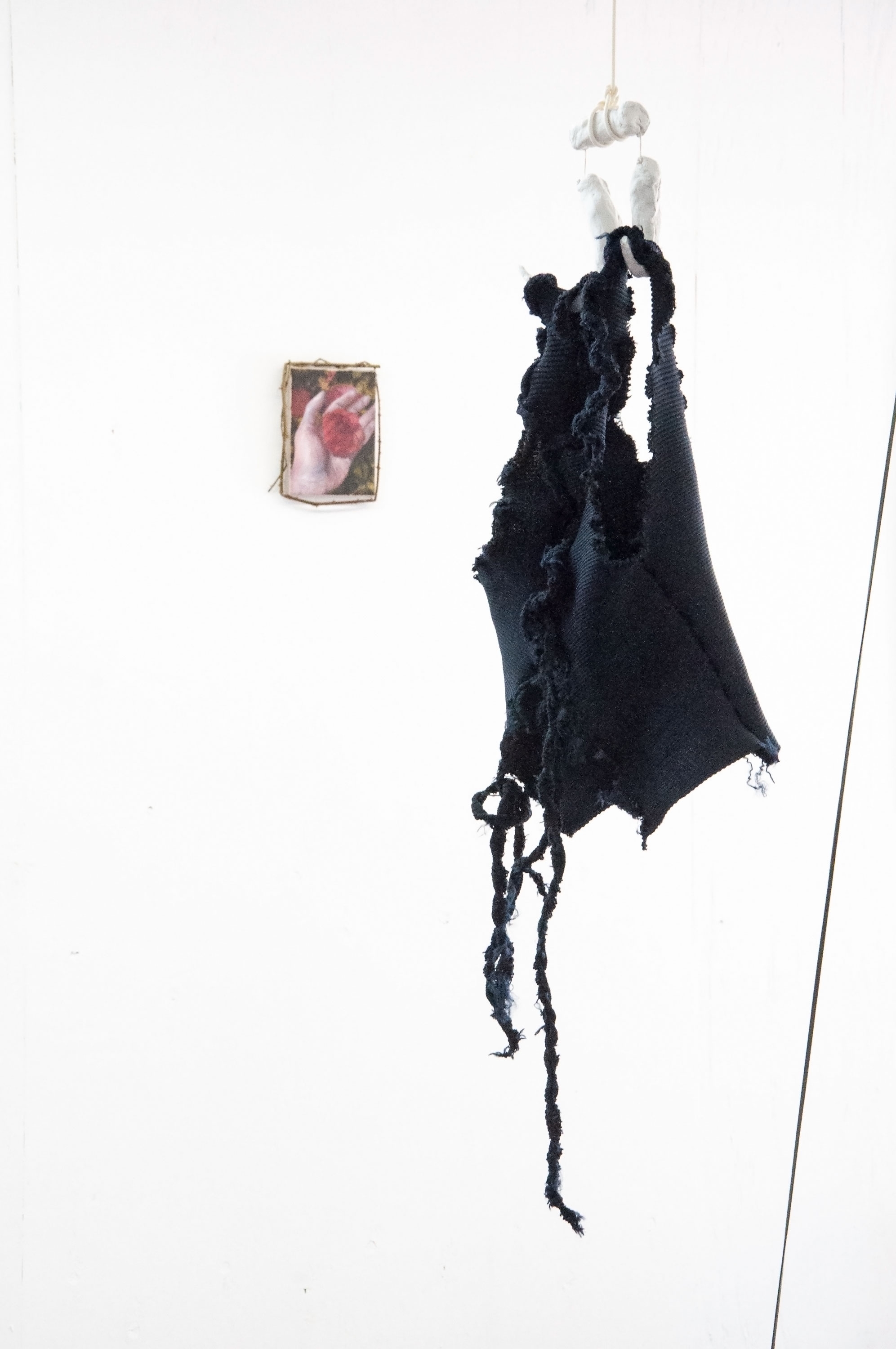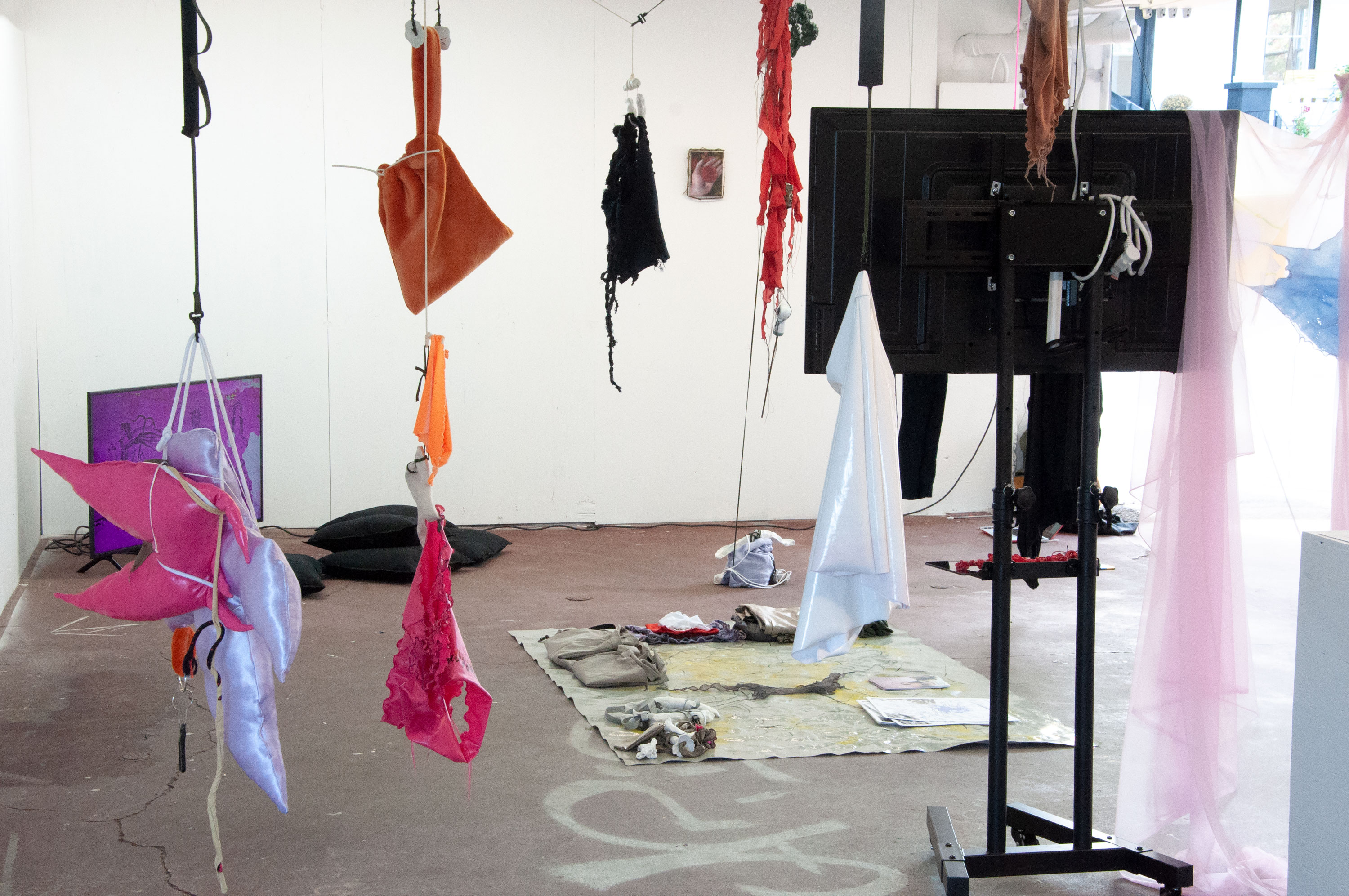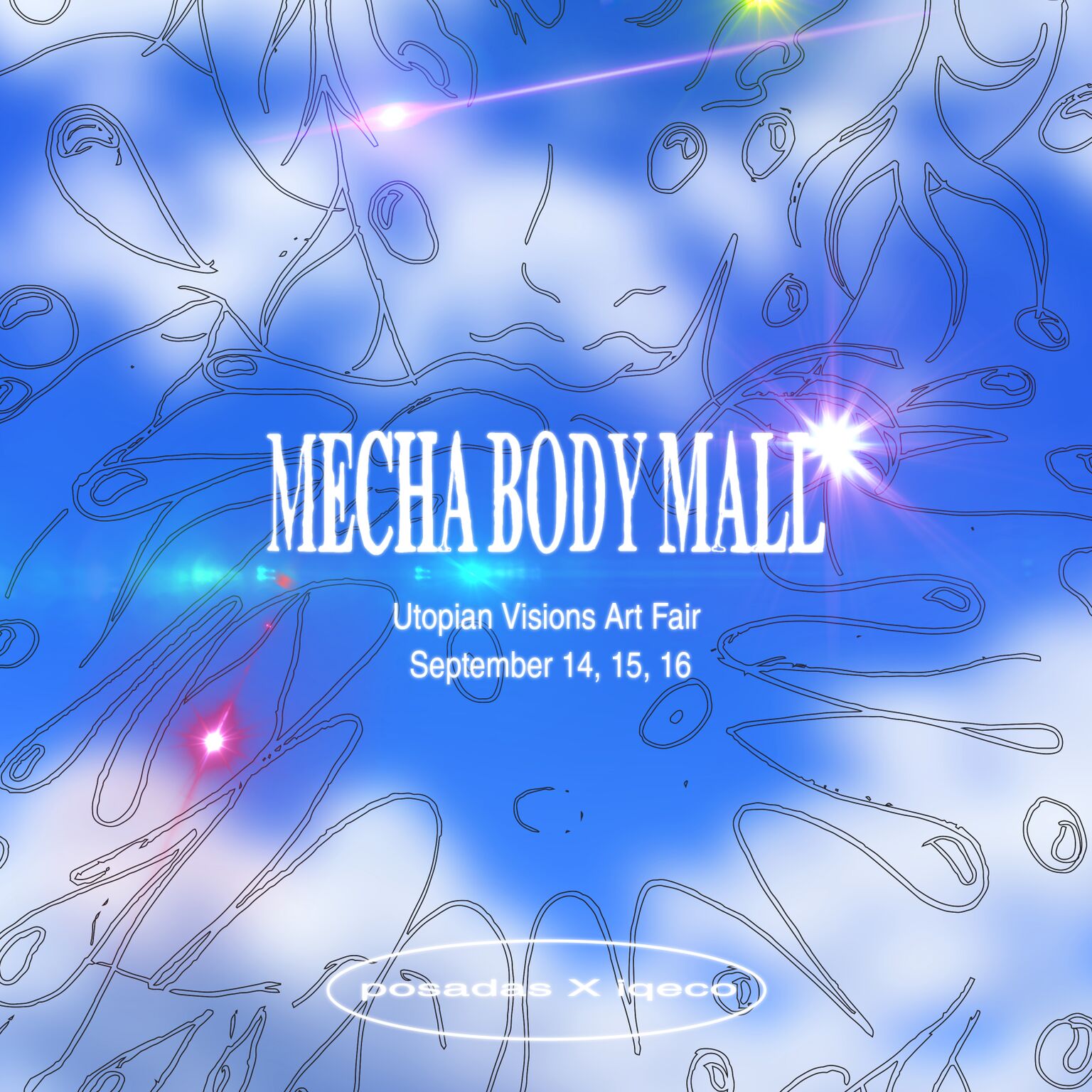
MECHA BODY MALL
POSADAS - Ignacio Hernández Murillo & Pablo Herza
Presented by the Institute of Queer Ecology
Utopian Visions Art Fair
518 SE 76th Ave, Portland OR
Friday, September 14 2018, 5:00 PM – 8:00 PM
Saturday, September 15 2018, 11:00 AM – 4:00 PM
Sunday, September 16 2018, 11:00 AM – 4:00 PM
The Institute of Queer Ecology is proud to present MECHA BODY MALL - an exhibition and performance by POSADAS (Pablo Herza + Ignacio Hernández Murillo) at the Utopian Visions Art Fair.
Utopian Visions Art Fair (UVAF) is a platform for artists, gallerists, and curators to present projects that are speculative and working towards possible futures. Utopian Visions Art Fair is a project initiated by Srijon Chowdhury in conjunction with Portland Institute for Contemporary Art’s Time Based Arts Festival.
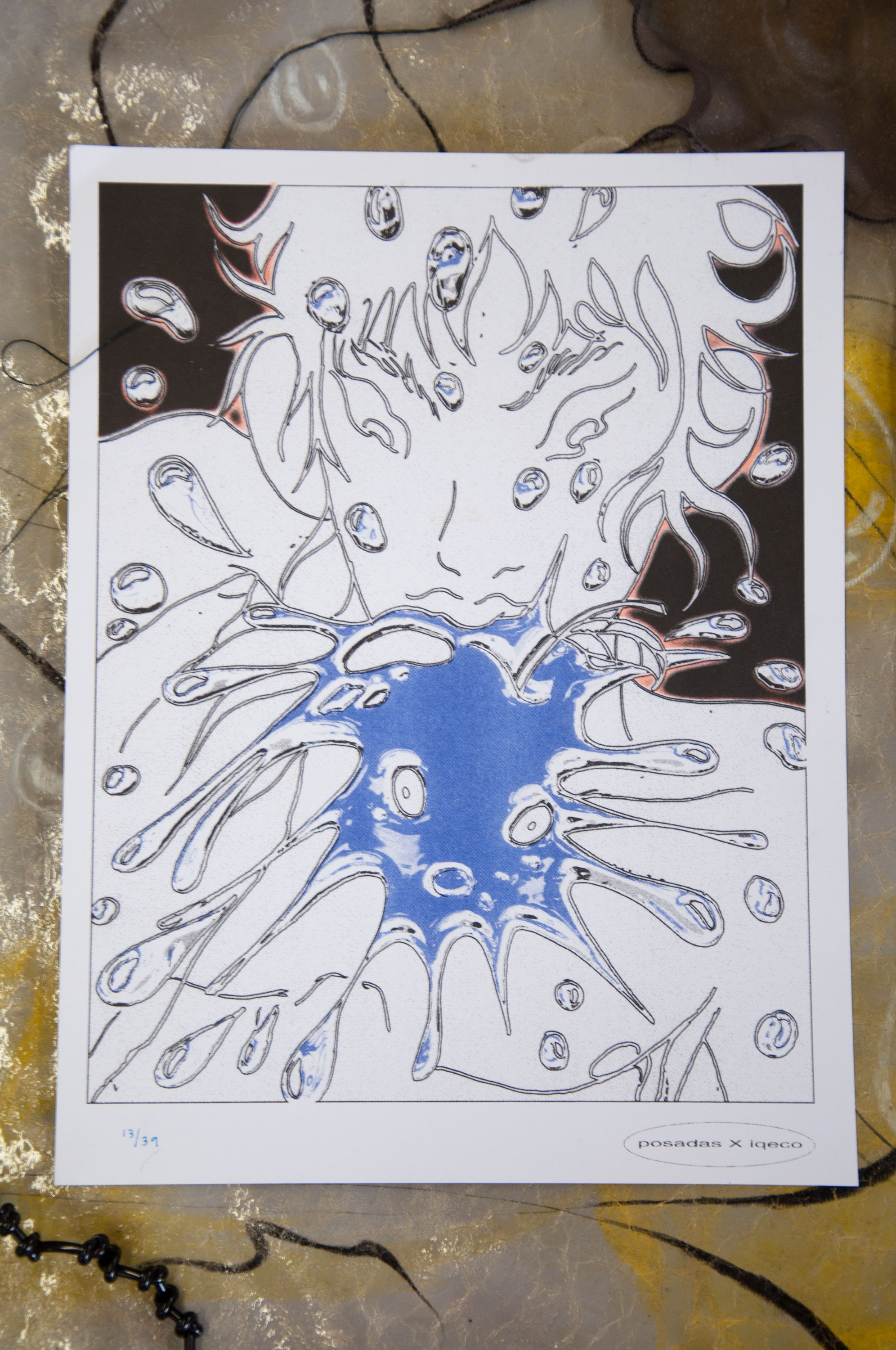



^^^^^^
As part of this exhibition, the Institute of Queer Ecology produced a suite of 4 risograph prints designed by Pablo Herza and printed by Connor McCann. We still have some available for purchase, and we're selling the collection of all 4 for $20 dollars, plus shipping and handling. Email for info. Edition of 39
Wearing a garment is a way of liberation and discovery of oneself.
MECHA BODY MALL is a performance by POSADAS that stages a contemporary view on how clothes define the way we perceive our bodies and how this resembles our social dynamics and emotions.
The garment pieces are created to give emotional and spiritual extension to our bodies but also intend to discuss the capitalist culture around soulless “brand new” objects.
The fetichization of wearing something new, never used before, without having in mind the inhuman experience and deglamorized process of how a piece of clothing from a retail industry or fashion’s unethical production schemes is made, exemplifies the current normalization of being insensitive to the product made by another human. Massive production affects our perception of society and reinforces the idea of value and social inequality.
MECHA BODY MALL is a space to seek and engage emotional connection with the garments. The pieces are conceived to acquire special value after they are used, as people wearing them collect memories and feelings while rediscovering their body with positivity. The pieces explore the discussion around ownership and the sentimental value of imperfections, to invite the consumer to rethink their consumption habits, and see value on objects that had a meaningful and ethical process of creation.
Throughout history material objects and garments have been charged with emotional significance and economic profit, but today, the existence of digital belonging demonstrates that our capacity to feel attached to ideas of a product in our mind than the product itself, makes us see social and economic value on things that we can not see or touch.

